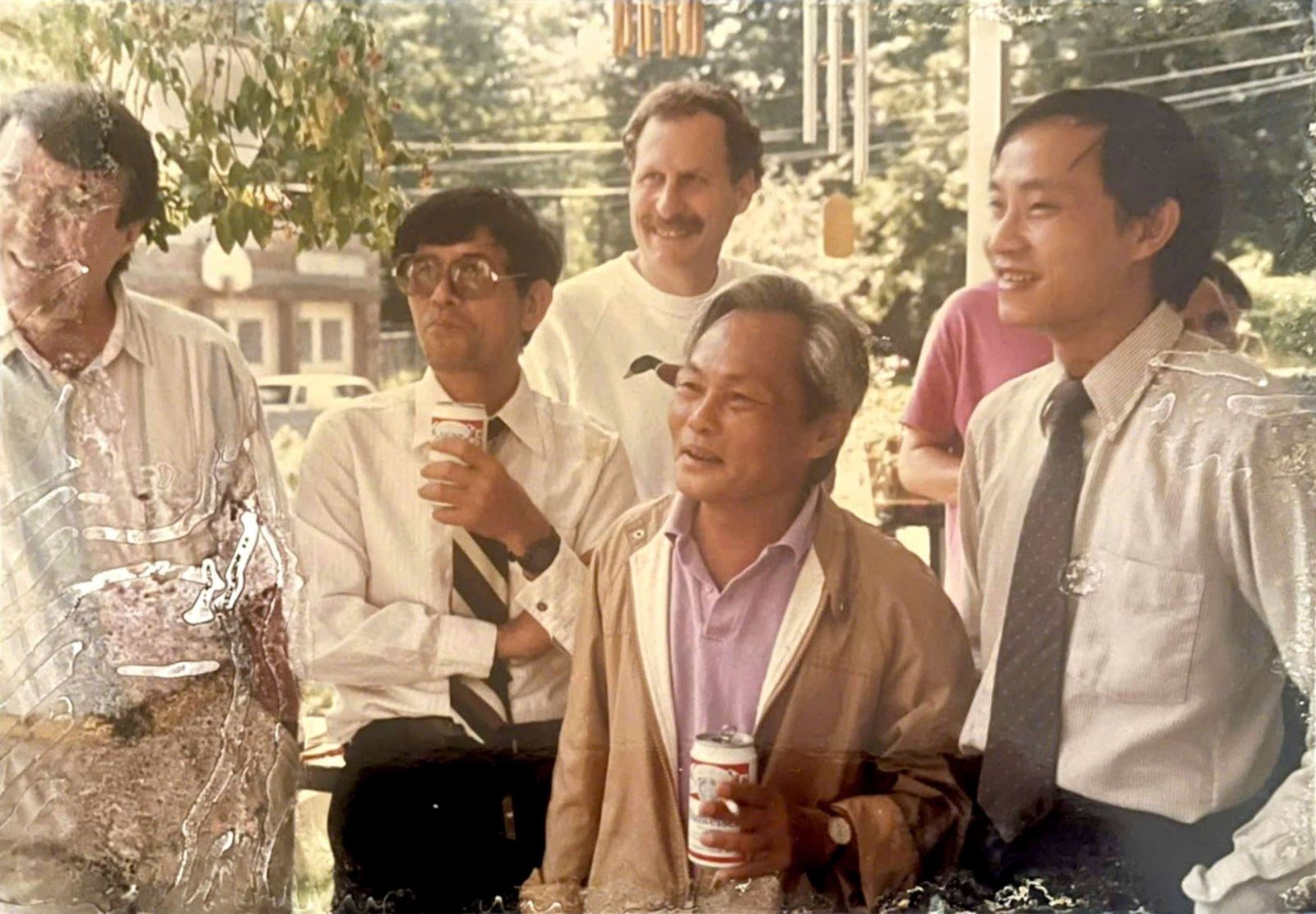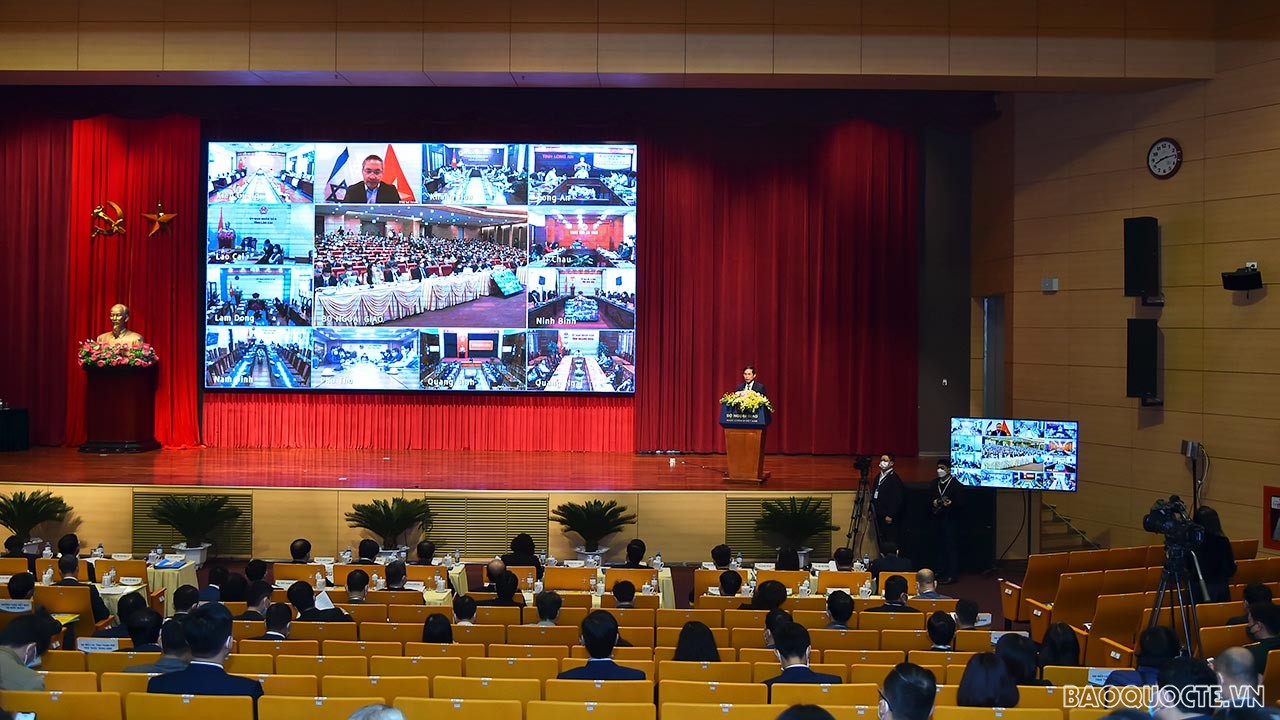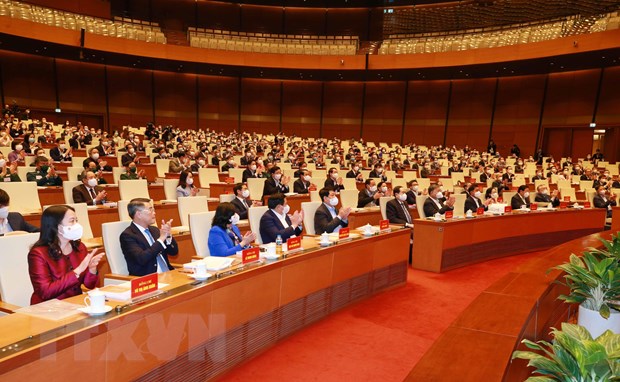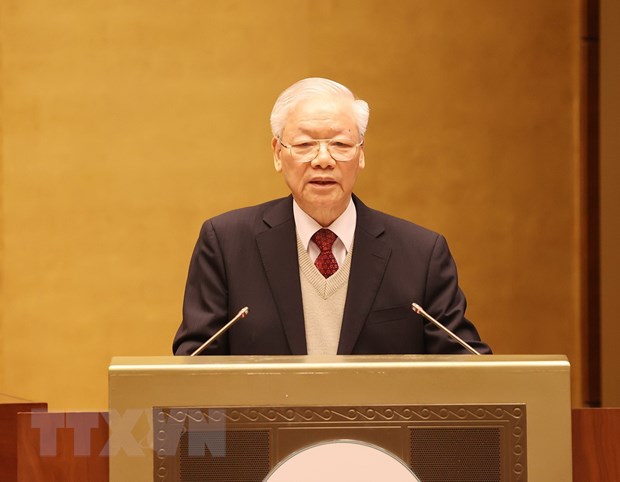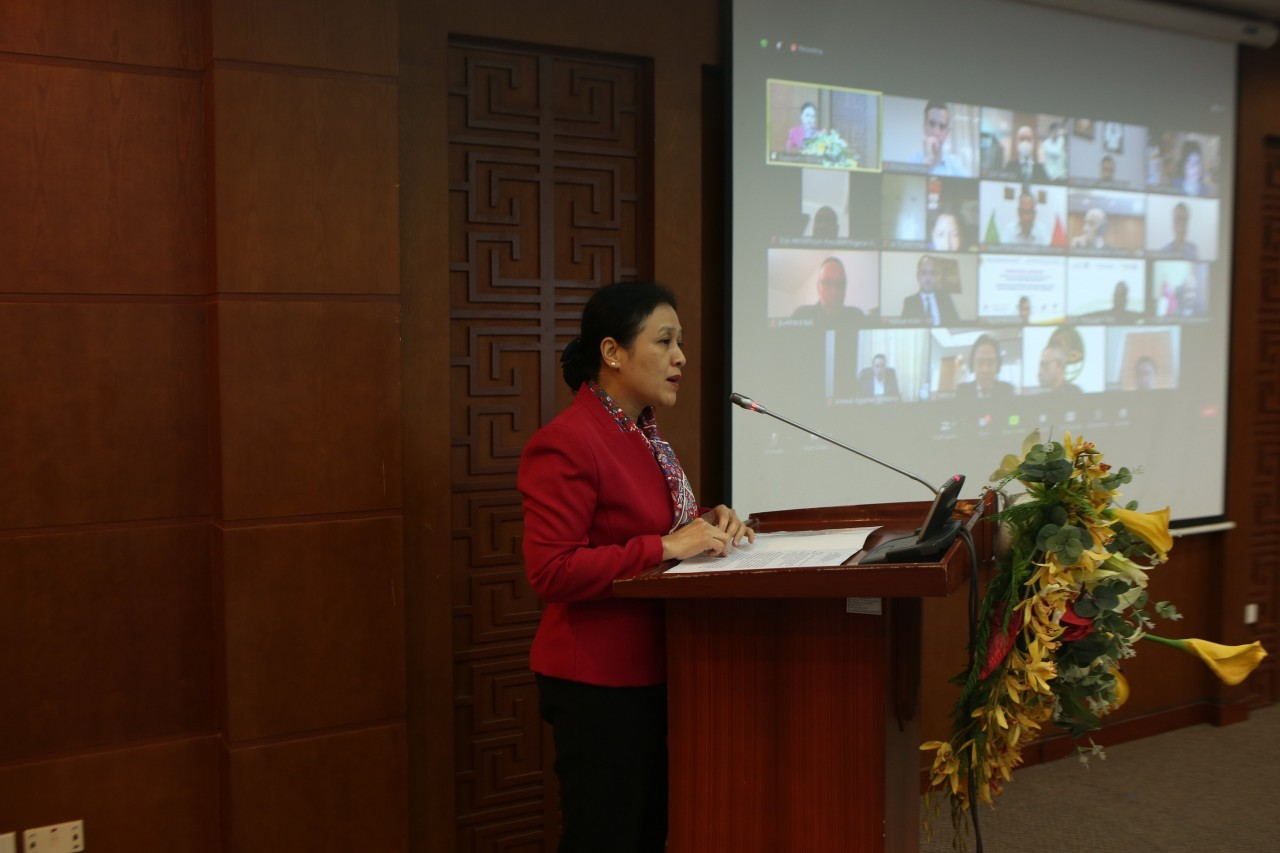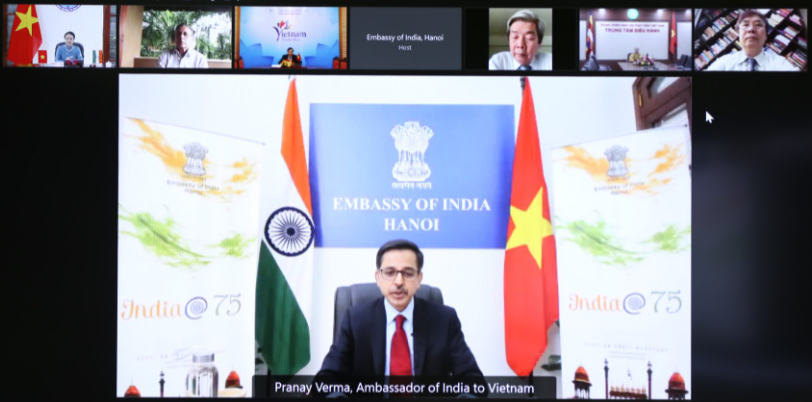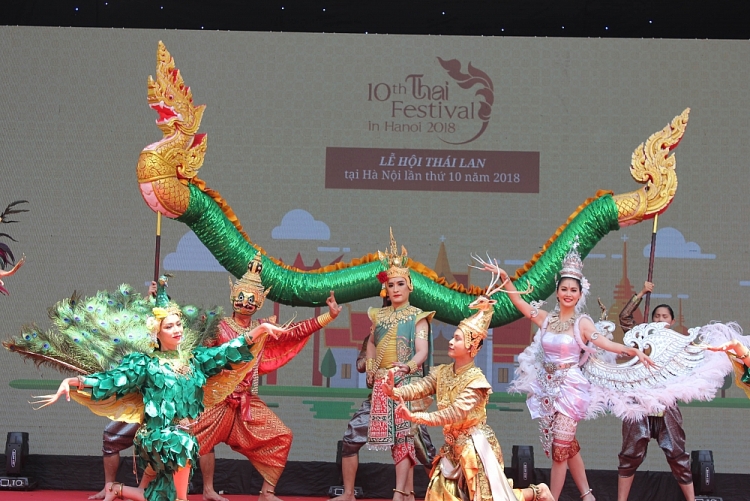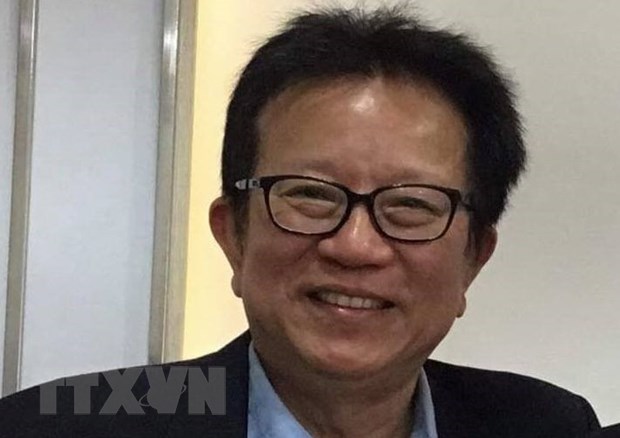The immortal spirit of the August revolution is reflected in today fight against pandemic Covid-19 under the slogan “No one left behind.” The current situation in Vietnam, as in other Southeast Asian countries, is that we are trying to deal with the pandemic. There is a closed connection between the August Revolution and the current fight against the pandemic. In order to represent this connection my paper consists of six points. I will discuss these points from a historical approach. First, I’ll discuss the immortal spirit of the August Revolution in 1945 when Vietnam gained independence from France and Japan. Second, I’ll discuss the three enemies ̶ famine, illiteracy and the invaders ̶ in the period of 1945 to 1954. Third, I’ll talk about the “three undertakings” and the “three readies” campaign during the Vietnam War from 1955 to 1975 to mobilize the people. Fourth, I’ll analyze the success of the reform policy, doi moi, that took place since 1986. Fifth, I’ll discuss Vietnam’s current fight against the pandemic, “No one left behind.” Finally, I’ll provide the concluding remarks.
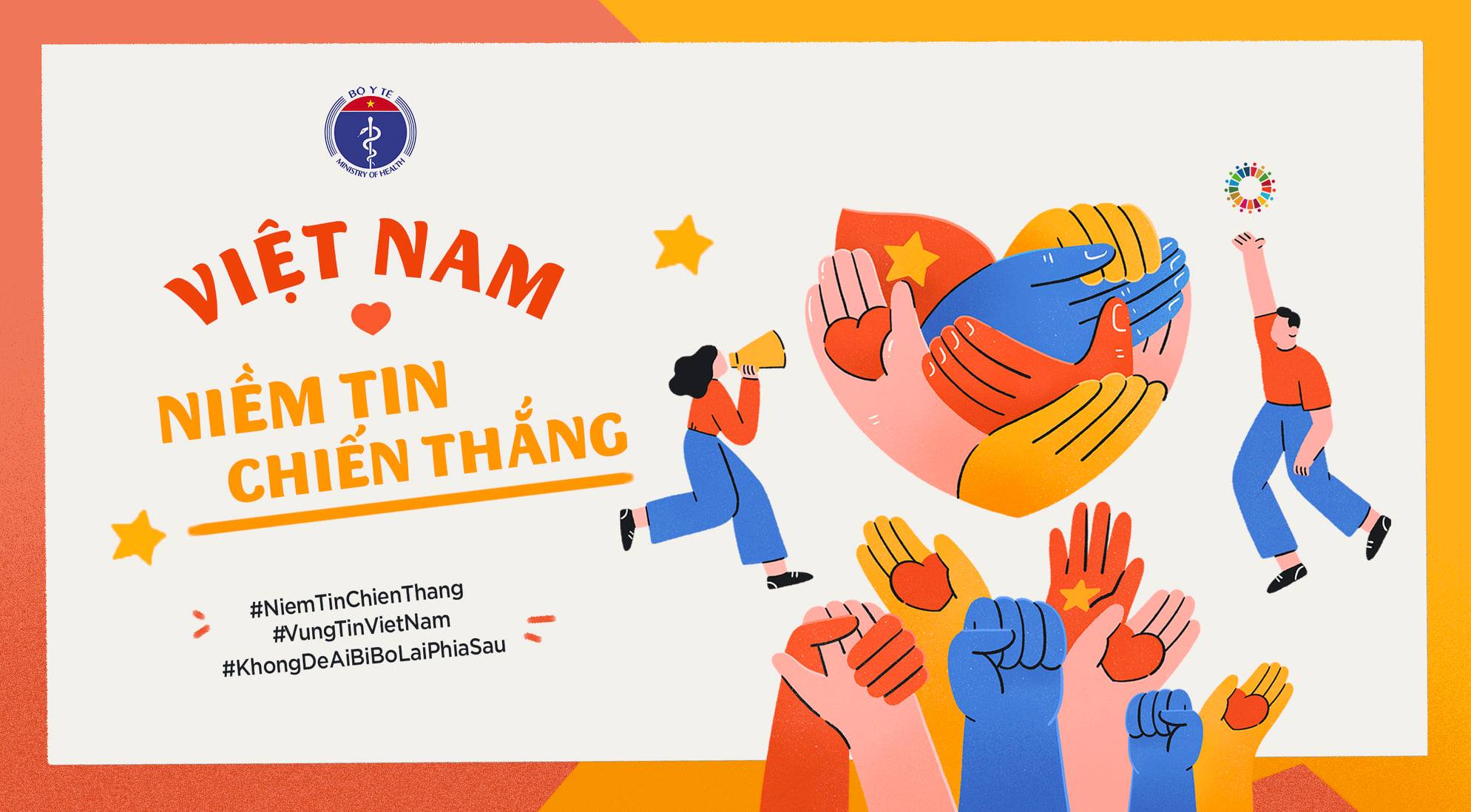
First, I would like to discuss the immortal spirit of the August Revolution in 1945. The Vietnamese people remember very well that 76 years ago, under the leadership of President Ho Chi Minh and the Viet Minh, the Vietnamese people carried out the August Revolution to overthrow the French colonial rule that exploited the Vietnamese for more than 80 years. On September 2, 1945, the Democratic Republic of Vietnam was established. For the first time in history, the Vietnamese people were in charge of their government and country. Million Vietnamese stand up and were ready to scarify themselves for national independence and freedom as President Ho Chi Minh read the Declaration of Independence on September 2, 1945 at Ba Dinh Square. Nevertheless, France returned for another nine years until their defeat in 1954.
Recently, on May 16, 2021, General Secretary Nguyen Phu Trong published his article, “Some theoretical and practical issues on socialism and the path towards socialism in Vietnam,” which received a lot of attention from the Vietnamese people and the international community. The main questions here are: whether there is a connection between socialism and independence and the struggle for freedom in Vietnam; and whether socialism, chosen by the Vietnamese people 76 years ago, is linked with our reality today. According to Mr. Trong, building socialism is about “creating new type of society, which is by no means a simple or easy task. This is a grand and innovative endeavour, full of challenges and adversities.”
After the establishment of the Democratic Republic of Vietnam in 1945, the Vietnamese faced three big problems at the same time: famine, illiteracy, and the return of France. Ho Chi Minh and his government named these as the three enemies, and on June 11, 1948 Ho Chi Minh called on the people to fight against these three enemies. President Ho Chi Minh started a “Gold Week” campaign to call on the people, especially the rich, the business people, to donate their gold, silver, and money to the government treasury. The campaign was very successful. Within “the Golden Week”, DRV received 20 million piaster and 370 kg of gold.
At the same time, President Ho Chi Minh initiated the “Eliminating Hunger” and “Eliminating Illiteracy” campaigns. In the “Eliminating Hunger” campaign, he encouraged people to save rice to donate to the poor. In the “Eliminating Illiteracy” campaign, he urged everyone to learn to read and write. He said, “An ignorant people is a weak people.” Public schools were opened everywhere, and in just one year, 2.5 million people out of 22 million became literate. When France returned in 1945, the Vietnamese people set up guerilla and military units everywhere to fight against them. From 1945 to 1946, the Vietnamese people were mobilized to fight against three enemies. The outcome was that in 1954, Vietnam defeated France at Dien Bien Phu. Vietnam gained independence but only in the North, above the 17th Parallel. The continuation of war between Vietnam and the United States lasted from 1955 to 1975.
The war between Vietnam and the US officially was named the Resistance fighting against the US for salvation of country of Vietnamese people. The war costs about three millions of Vietnamese and 58.000 Americans. Vietnamese people made tremendous sacrifices during the war with the United States. They were mobilized in many campaigns, and among them two were most popular The “Three Undertakings” campaign was launched in 1965, and directed at the women: a) to study and work, replacing the role of men who went to the front in the South; b) to take care of the family and encourage their husband and sons to go to the front; and c) to be ready to fight when necessary. The campaign was very successful. During the war, million Vietnamese women replaced men taking care of everything in home front. The “Three Readies” campaign for youth was launched in 1964, amid the American escalation of the war in Vietnam with intensive bombing of the North. Three readies are: a) to be ready to fight and fight courageously; b) to be ready to join an armed force; and c) to be ready to go anywhere, to do any task that the Fatherland asks. Thanks to the people’s sacrifice, Vietnam won the war and achieved reunification in 1975.
After 1975, Vietnam reunified as one country. However, it faced many difficulties, and in 1986, the 6th Party Congress made a decision to reform. This reform was comprehensive: politically, it is a process of democratization; economically, it is to transform from a centrally-planned economy to a socialist-oriented market economy; culturally, it is to revitalize traditional values; and internationally, Vietnam pursues diversification and multilateralism in foreign policy, being friendly and being a helpful partner with all countries.
The reform has been mostly successful after 35 years since 1986, with a lot of sacrifice from the Vietnamese people, and here are some “saying statistics.” Vietnam’s growth rate over the course of 35 years has been at around 7% per year, being the 4th largest economy in ASEAN. Vietnam has become a lower middle-income country since 2010. Trade and investment have increased significantly, the poverty rate has declined from more than 58% to under 5%, and the Human Development Index is high at 0.7.
After 35 years of reform, Vietnam today is facing very big challenges in fighting the COVID-19 pandemic. Last year, Vietnam was one of the successful countries in fighting COVID. But this year, the situation has become very challenging. The number of infected cases is around 10,000 a day; there were 349,059 infected cases by August 22, 2021. The Government of Vietnam is determined to sacrifice for the health of the people. Again, we name the pandemic as an enemy; that is, fighting the pandemic is like fighting an enemy, similar to 76 years ago when we fought the three enemies. In this fight, the enemy is the pandemic, and we are determined that “no one is left behind.”
In Vietnam, rice ATMs were set up by the people in public spaces so that the poor can get their rice. This is the community spirit, a sense of solidarity among the Vietnamese people, to help and support each other. In the spirit of “No one left behind,” the whole country has been supporting Ho Chi Minh City, formerly known as Saigon. Ho Chi Minh City has faced the most serious COVID challenge, and thus received the most support. This support for Ho Chi Minh City is similar to the support of the North for the South during the struggle against the U.S., with the slogan: “All for our beloved Southern region.” Vans and the volunteers are brought to help. “Zero-dollar supermarkets” were set up so that people can take the food they need, for free. The people have access to oxygen ATMs when needed. The nurses and doctors from different provinces and hospitals of North volunteered to go to Ho Chi Minh City to help. During the critical time of the pandemic, just like the critical time of the August Revolution and the struggle against the United States, community solidarity is very important for the Vietnamese people.
In conclusion, 76 years ago, under the leadership of the Communist Party of Vietnam, led by President Ho Chi Minh, the Vietnamese people stood up to carry out the August Revolution. Vietnam became an independent and free country. The spirit of the August Revolution is very important. With this spirit, the Vietnamese people have battled many enemies: the invaders, famine, illiteracy, and now, COVID-19. This spirit has inspired the Vietnamese people to fight against France and the U.S., as they were determined to safeguard their independence.
It was the very same spirit that inspired Vietnam in dealing with the crisis in the early 1980s and decided to carry out the reform in 1986, politically, economically, and culturally, to integrate regionally and internationally.
And now, facing the crisis of the pandemic which threatens Vietnam’s security, not the traditional, hard security, but rather the soft security, the Vietnamese people ̶ under the leadership of the Communist Party of Vietnam with the spirit of community solidarity ̶ again stand up to fight the pandemic like fighting an enemy. The slogan, “No one left behind,” is very popular among the people. It is the socialist society that the Vietnamese people and government are trying to build. I believe that the Vietnamese people will succeed, as they have proved in the past ̶ successfully fighting against invaders, famine and illiteracy with community solidarity ̶ that a new collective democratic model will also succeed in the future.
Prof.Dr. Pham Quang Minh, Vice-President, The Vietnam-Canada Association
(Edited by Prof. Dr. Đài Trang, Secretary General, Canada-Vietnam Society)

